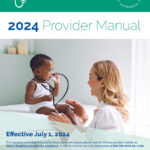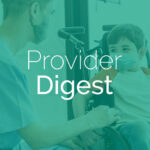
Disease Management Programs
Disease management programs provide self-management tools for members diagnosed with diabetes, asthma or other chronic health conditions. The goal of these programs is to improve patients’ current health status, achieve optimal health outcomes and avoid future complications related to chronic disease.
Contact the Alliance
- Health Education Line: 800-700-3874, ext. 5580
- Provider Services: 831-430-5504
Eligibility Verification Hotline
- 831-430-5501 (24 hours)






